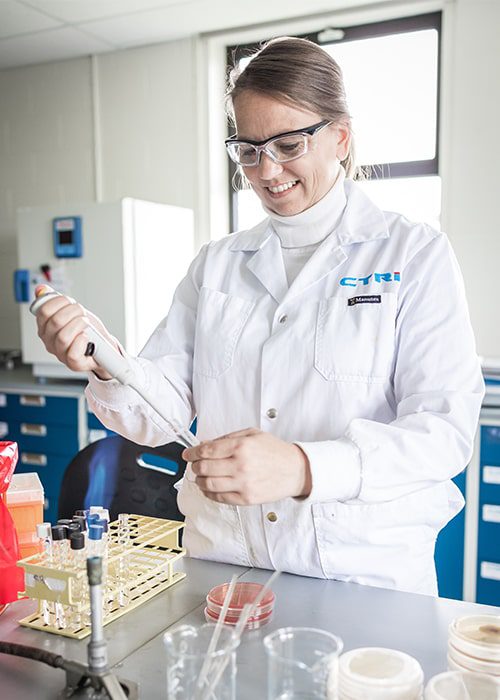
The Centre technologique des résidus industriels (CTRI) proposes a research approach to businesses and organizations that is directed towards practical and quickly applicable solutions in the context of their waste management operations.
The CTRI offers innovative technological solutions, applied technological research & development and high-tech trials to support businesses that want to find a practical solution to their industrial waste.
CTRI team members have substantial expertise that allows us to satisfy your needs in analytical services and the identification of the best ways to manage your biomass waste. Whether these needs are related to the:
The CTRI ensures rapid, quality service. Highly qualified staff and regular follow-up of our apparatuses ensures the quality of our services.
We provided the CTRI with a modern infrastructure and pilot-scale equipment that allows you to better adopt environmentally friendly processes for the management and valorization of your biomass waste: among others, the CTRI offers you services of:
CTRI staff stands ready to travel to participate in trials or proceed with sampling.
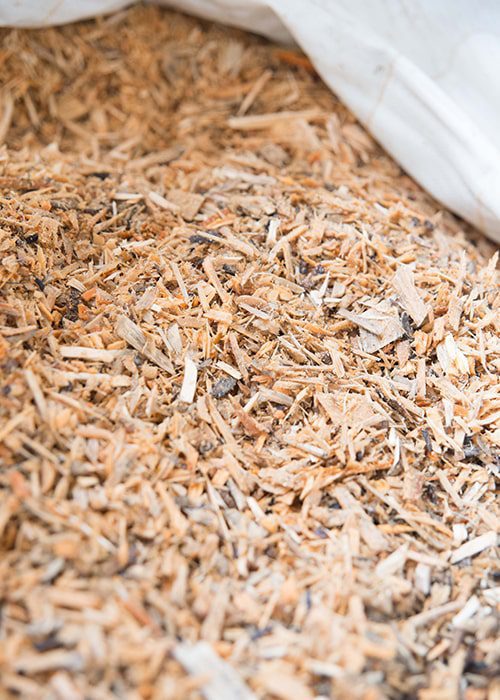 In partnership with Airex Energy, this project allows us to optimize the parameters of biomass torrefaction in the CarbonFX process and the parameters of densification by granulation. We aim to reach maximum energy density as we respect the norms of quality for torrefied biomass pellets. We conducted trials on continuous pilot torrefaction and granulation processes. The CTRI remains the only Quebec Research Centre that offers trials of this kind.
In partnership with Airex Energy, this project allows us to optimize the parameters of biomass torrefaction in the CarbonFX process and the parameters of densification by granulation. We aim to reach maximum energy density as we respect the norms of quality for torrefied biomass pellets. We conducted trials on continuous pilot torrefaction and granulation processes. The CTRI remains the only Quebec Research Centre that offers trials of this kind.
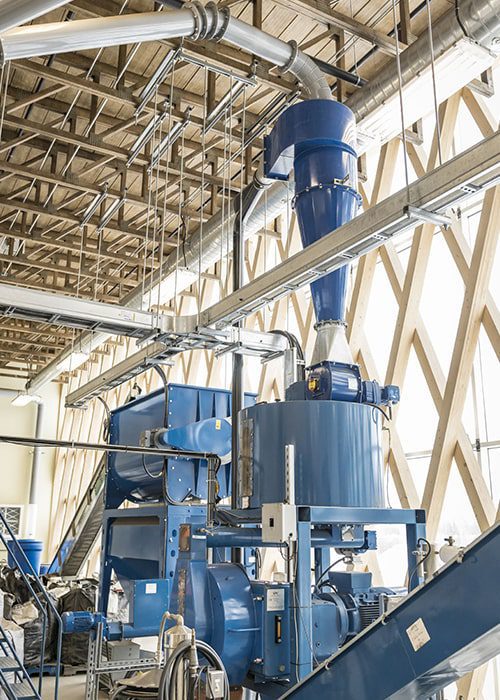


– Test conditions: mass flow at output, optimal drying airflow, drying enthalpy and optimal fuel delivery.
– Design of certain key elements of the dryer: length of the drum, ventilator characteristics and burner characteristics.




Likewise, we conducted many harvest tests on quick-growth crop parcels and on unplowed land.







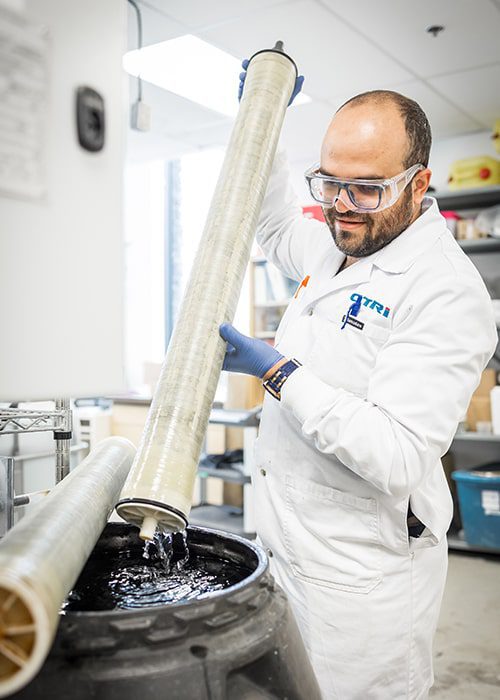

Our experts are there to support you in your approach of the:
Contaminated sites are characterized by organic matter and nutrient deficit, contamination and geotechnical instability. For many years, the CTRI team has been analyzing factors that allow the improvement of plant growth in these conditions. We base our approach on:
Tree species remain undesirable in several locations in mining sites: dikes, covers with capillary barrier effects and geo-membranes. The CTRI has already carried out many pilot projects with different species of plants and microorganisms that allow us to control the propagation and growth of unwanted plants depending on the size and conditions of your site. Our expert will analyze the risk associated with the presence of these species and the development of their root system; he or she will propose an approach adapted to these site conditions.
We use of plants to decrease the concentrations of harmful elements or components. These methods include:
CTRI team members have sound expertise that allows you to satisfy your needs in terms of analytical services and the identification of the best avenues to highlight your undervalued minerals:
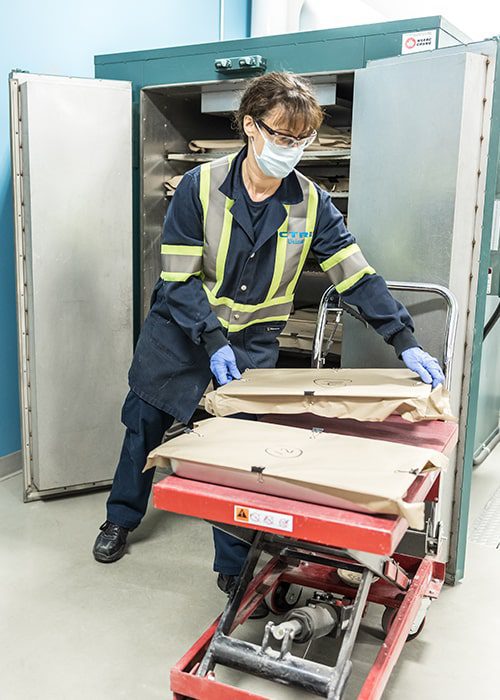

Whether during the exploration of newly discovered mineral deposits or trials on new reactants or technologies, the CTRI offers you a range of services that allow you to assess the recovery of your metals through laboratory tests or, alternatively, ongoing tests in a semi-industrial plant.
The Industrial Residue Technology Center was created in 2000 with the aim of providing businesses in Abitibi-Témiscamingue and Nord-du-Québec with expertise and technical services for the purposes of innovation, research and development. technology transfer.
2023 © All rights reserved • CC Consultants